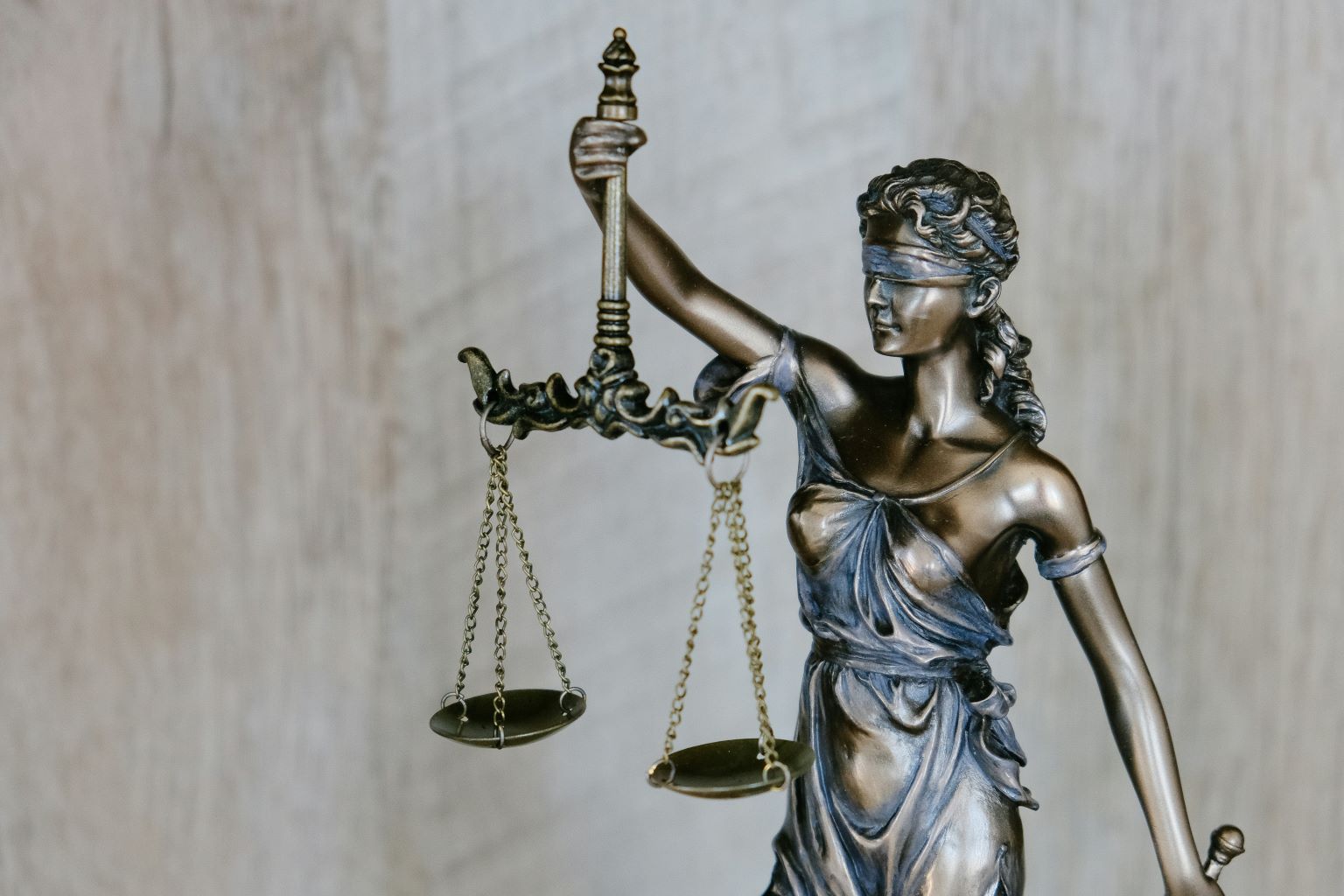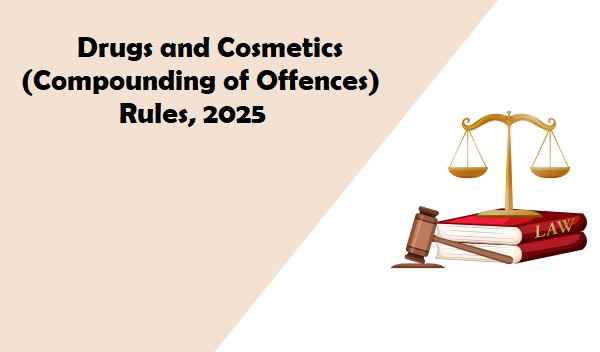- Courses
- GS Full Course 1 Year
- GS Full Course 2 Year
- GS Full Course 3 Year
- GS Full Course Till Selection
- CSAT
- 5 LAYERED ARJUNA Mentorship
- Public Administration Optional
- Online Program
- GS Recorded Course
- NCERT (Recorded 500+ Hours)
- Polity Recorded Course
- Geography Recorded Course
- Economy Recorded Course
- AMAC Recorded Course
- Modern India, Post Independence & World History
- Environment Recoded Course
- Governance Recoded Course
- Science & Tech. Recoded Course
- International Relations and Internal Security Recorded Course
- Disaster Management Module Course
- Ethics Recoded Course
- Essay Recoded Course
- Current Affairs Recoded Course
- ABOUT US
- OUR TOPPERS
- TEST SERIES
- FREE STUDY MATERIAL
- VIDEOS
- CONTACT US
Ethical Dilemma in Disaster Relief – Choosing Between Immediate Need and Long-Term Integrity
Ethical Dilemma in Disaster Relief – Choosing Between Immediate Need and Long-Term Integrity

As the District Magistrate of a flood-ravaged district facing its worst natural disaster in decades, your primary duty is to ensure timely rescue, relief, and rehabilitation of affected citizens. Despite sincere efforts by the district administration, the available resources are inadequate to meet the growing needs of the population.
In response to your appeal, there is a strong inflow of support from civil society, philanthropists, and volunteers—bringing hope in a time of crisis. However, during the course of operations, it comes to light that certain well-funded groups, linked with liquor, sand, and land mafias, are actively distributing relief materials. These groups are suspected of using this humanitarian crisis as an opportunity to build goodwill with the public, seeking future political favours.
Although their funding sources are unproven and indirect, their presence raises concerns about the long-term consequences of accepting their help. Yet, given the shortage of resources, their assistance could make a significant difference to the people in distress.
A. Ethical Issues Involved:
- Means vs. Ends Dilemma: Accepting help from groups backed by criminal elements may serve the immediate need of saving lives but violates ethical norms by using tainted means for a noble end.
- Misuse of Crisis for Personal Gain: The attempt by such groups to gain illegitimate political influence during a humanitarian crisis is an exploitative and unethical practice that undermines the integrity of democratic processes.
- Moral Legitimacy and Accountability: As a public servant, your moral accountability lies not only in achieving results but also in ensuring ethical conduct and transparency in the process.
- Trust and Public Perception: Associating with questionable actors may erode public trust in the administration and set a dangerous precedent for future crises.
- Resource Scarcity vs. Ethical Governance: There is a moral conflict between the need to mobilize resources rapidly and the duty to ensure that governance remains free from the influence of criminal or corrupt entities.
B. Course of Action:
- Maximize Ethical Resource Mobilization:
- Strengthen and expand current efforts to draw support from:
- Civil society organizations and NGOs with transparent credentials.
- State and Central Government emergency funds.
- Corporate donors and affluent individuals with no vested interests.
- Establish a public fund portal with real-time transparency to encourage more donations from ethical sources.
- Strengthen and expand current efforts to draw support from:
- Leverage Community Participation: Encourage local volunteers and community leaders to assist in distribution and monitoring to build ownership and minimize dependence on dubious actors.
- Set Clear Guidelines for External Assistance:
- Issue a formal guideline that all relief activities must be coordinated with the district administration to ensure accountability and fairness.
- Implement vetting mechanisms to scrutinize donor backgrounds discreetly without public confrontation.
- If Tainted Help Becomes Unavoidable:
- Accept assistance only in kind, not in cash, with strict monitoring and zero branding.
- Ensure that such actors cannot use the situation for self-promotion or political advantage.
- Maintain a clear public record of contributions to avoid any future claims of favours or quid pro quo.
- Preserve Ethical Integrity and Transparency:
- Document every decision and ensure transparency in relief distribution.
- Communicate openly with the public regarding how funds and supplies are being sourced and used to maintain trust in administration.
In times of disaster, a public servant is tested not just by the ability to provide relief, but by the wisdom to balance compassion with integrity. While saving lives is paramount, allowing unethical actors to exploit tragedy for future gain can lead to lasting damage to governance and society.
A conscientious administrator must seek every possible ethical avenue before compromising on moral standards. Relief delivered with integrity strengthens public trust, while hasty decisions involving dubious partnerships can erode the very foundations of ethical governance.
Such dilemmas remind us that leadership in crisis is not just about outcomes—but about the values that guide those outcomes.
|
Also Read |
|
UPSC Foundation Course |
|
| UPSC Monthly Magazine | CSAT Foundation Course |




